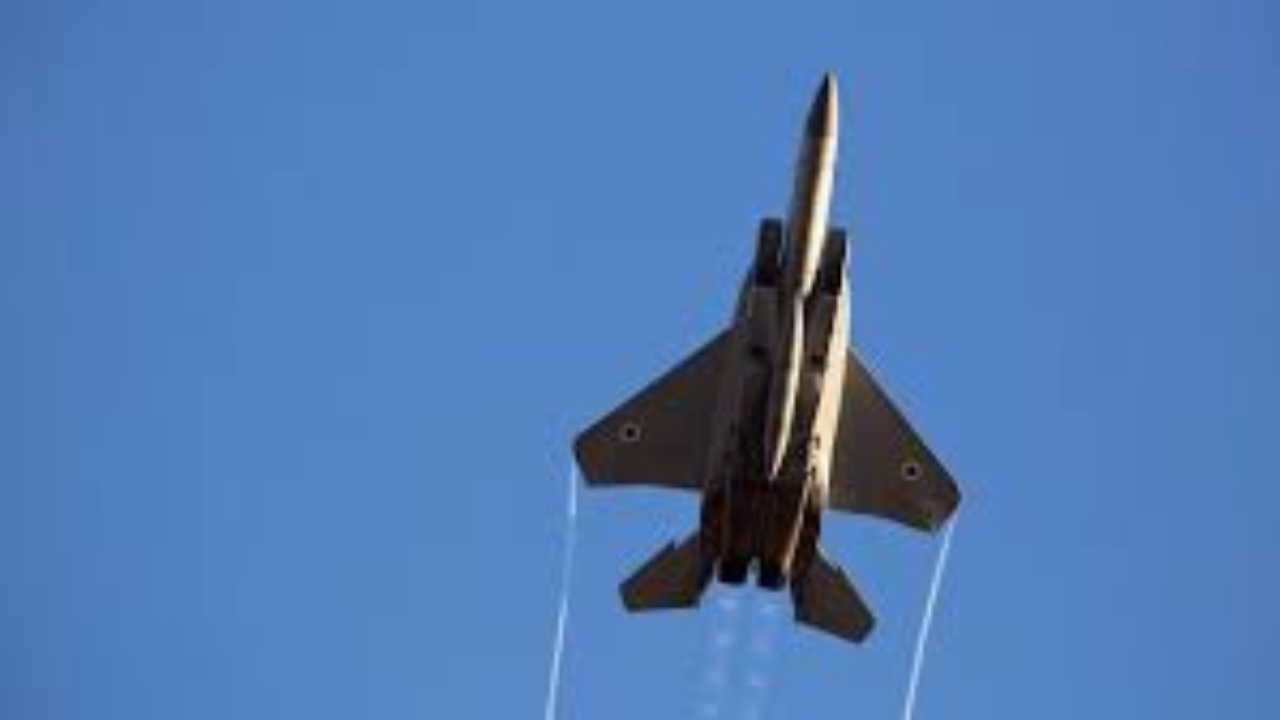Israel's attack on Iran was not the vehement response that US President Joe Biden and other Western leaders had feared. They have been urging Israel to draw a line between the dangerous series that began with the killing of a senior Iranian general in Damascus on April 1.
More than six months after Hamas attacked Israel, the war in Gaza continues and has spread to areas on both sides of the Lebanon-Israel border and the Gulf region. The fear is that the Middle East is on the brink of an all-out war, with global and regional dangers. Iranians are downplaying what happened in Isfahan.
Initial reports said there was no attack. Later, an analyst on state TV said air defenses had shot down drones that had been launched by "infiltrators". Official media outlets have posted amusing pictures of the miniature drones. During that attack, Iran launched more than 300 missiles and drones. Almost all of them were destroyed by Israeli air defenses augmented by US, UK and Jordanian forces.
Israel is responding to last Saturday's attack from Iran. Despite years of hostilities and threats, Iran launched a direct attack on Israel from its territory for the first time since the establishment of the Islamic Republic in 1979. During that attack, Iran launched more than 300 missiles and drones. Almost all of them were destroyed by Israeli air defenses augmented by US, UK and Jordanian forces.
The Iranians made their intentions clear, giving Israel and its allies time to prepare themselves, and quickly issued a statement to the United Nations in New York that their retaliation was over. Mr Biden called on Israel to "take victory" but Israel insisted it would strike back. From the beginning, the crisis has been characterized by how poorly Iran and Israel understand each other. Both miscalculate, deepening the crisis.
Israel believed that when Iran killed General Mohammad Reza Zahedi in Damascus it would not respond with anything stronger than anger. Its airstrikes leveled the consulate in Iran's diplomatic compound in Damascus, killing six people, including another general.
Iran announced that it considered the attack an attack on its territory. Israel claimed the premises were not protected by diplomatic conventions because Iran's Islamic Revolutionary Guard Corps had turned them into a military post.
Iran, or indeed Israel's Western allies, did not accept the unilateral reclassification of the building's status - and the government in Tehran hoped that Israel would agree to draw a line after its response.
This was another serious mistake. After the attack in Isfahan, the immediate tension will be reduced if not more attacks. What happened overnight may have been an attempt by Israeli Prime Minister Benjamin Netanyahu to respond without alienating Mr. Biden more than he already has.
If it is, another question is whether it will be enough for former generals in Israel's war cabinet who are believed to see it, wanting a strong response to restore Israel's ability to resist attacks by its enemies. It's a change often referred to as the "rules of the game" governing the long conflict between Iran and Israel in the region.
The shadows of the long secret war between the two countries have come out. In the process, Iran and Israel have shown that for all the obsessive attention they devote to each other, they are not good at reading each other's intentions. In a highly flammable part of the world, this is not encouraging.


